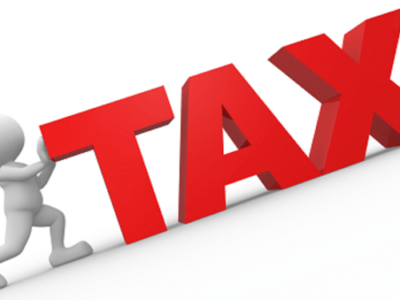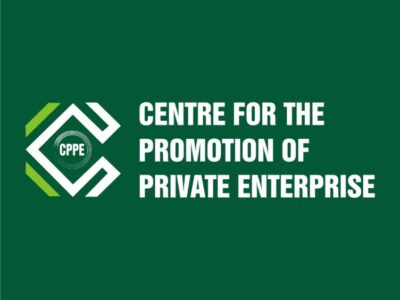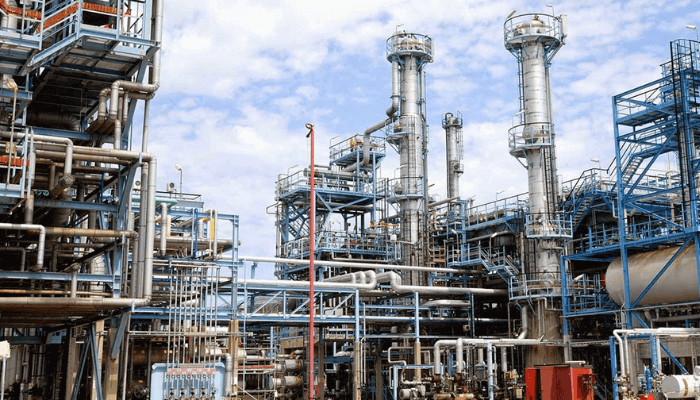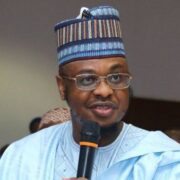
The cost of acquiring land in Lagos’ premier coastal development, Eko Atlantic, has skyrocketed from approximately N180 million in the early 2000s to over N2 billion per plot as of 2025, according to the newly released State of Lagos Housing Market report.
The third edition of the report, published by the Roland Igbinoba Real Foundation for Housing and Urban Development (RIRFHUD), paints a vivid picture of Lagos’ rapidly appreciating real estate landscape, particularly in its luxury housing segment.
“The past decade has marked a period of profound transformation for the Lagos real estate sector,” the report notes. “What was once a market with relatively affordable land plots has evolved into a premium investment hub, driven by a dynamic interplay of economic, demographic, and infrastructural forces.”
One of the most striking examples is Ibeju-Lekki, where land that sold for N500,000 to N1.5 million in 2013 is now valued between N25 million and N40 million per plot — a staggering 40-fold increase in just over a decade. Similarly, plots in Lekki Phase 1 that cost N10–15 million in 2005 now command prices upwards of N400 million to N500 million.
The report warns that the upward trend shows no signs of slowing, emphasizing that “delays in investment only lead to higher entry costs.”
It attributes this surge in value to several factors:
Rapid urbanisation
Population growth
Rising demand for premium real estate
Massive infrastructure investments
Lagos, with an estimated population of 24 million, is expanding at an annual rate of 2.5%, with over 6,000 new migrants daily, half of whom choose to stay. By 2025, the population is projected to exceed 25 million, creating intense demand for housing across all income levels.
Despite ongoing infrastructure challenges, Lagos’ high-end real estate market continues to thrive, attracting both local elites and diaspora investors. Luxury properties now commonly include home automation systems, private gyms, cinema rooms, swimming pools, and even helipads.
Designs range from modern minimalist homes with open spaces and floor-to-ceiling glass, to traditional architecture showcasing local craftsmanship and materials. Many homes also feature imported sanitary ware, high-end tiles, and interior fittings tailored to international tastes.
The report also highlights the cultural and social value tied to owning property in elite neighbourhoods like Banana Island, Ikoyi, Victoria Island, and Lekki Phase 1 — areas widely recognized as symbols of wealth, prestige, and status.
“Living in these zones signifies social success,” the report states, “and places residents among West Africa’s urban elite.”
This edition follows earlier reports released in 2009 and 2016 and underscores the increasing role of real estate as a vehicle for wealth creation and preservation in Lagos’ evolving economic landscape.























Comments